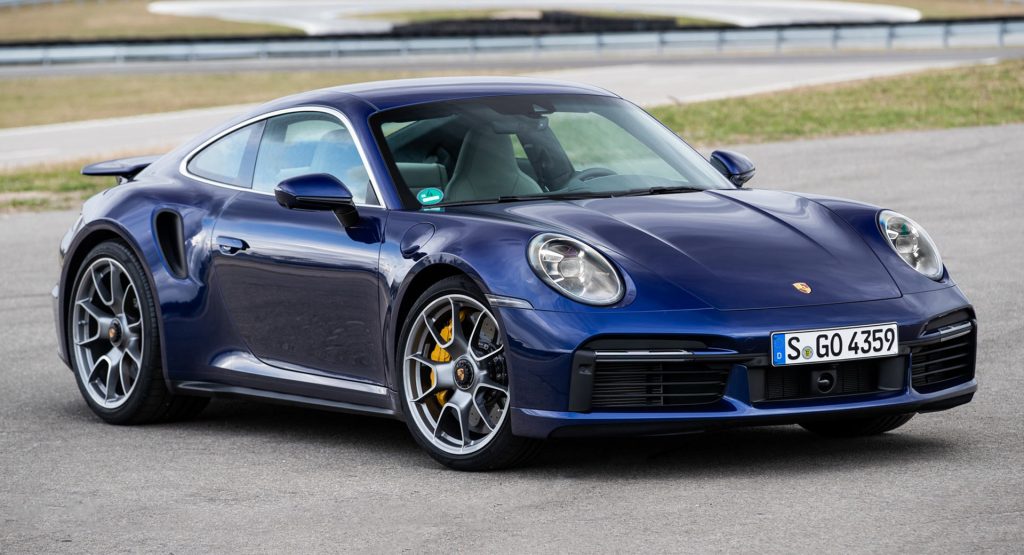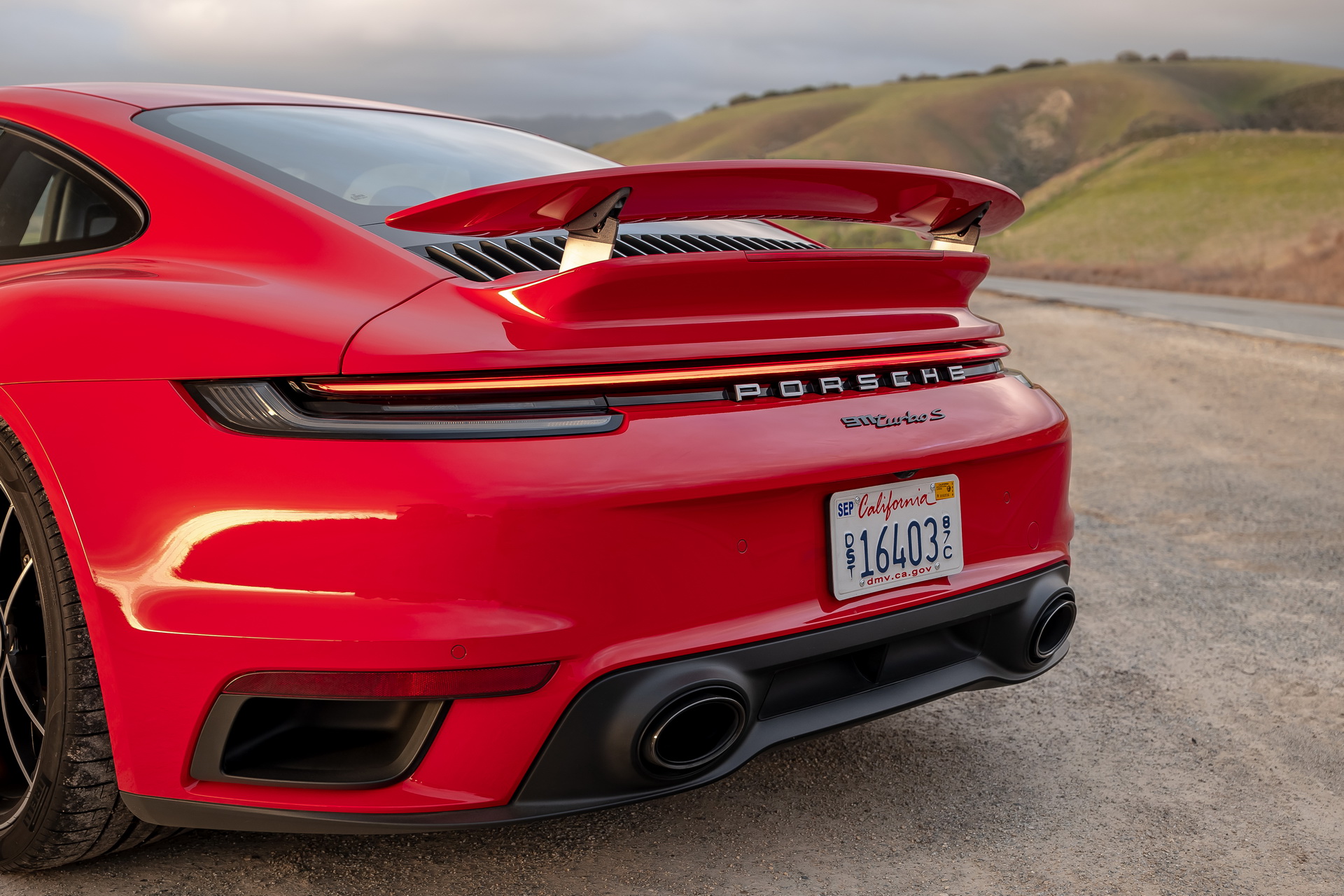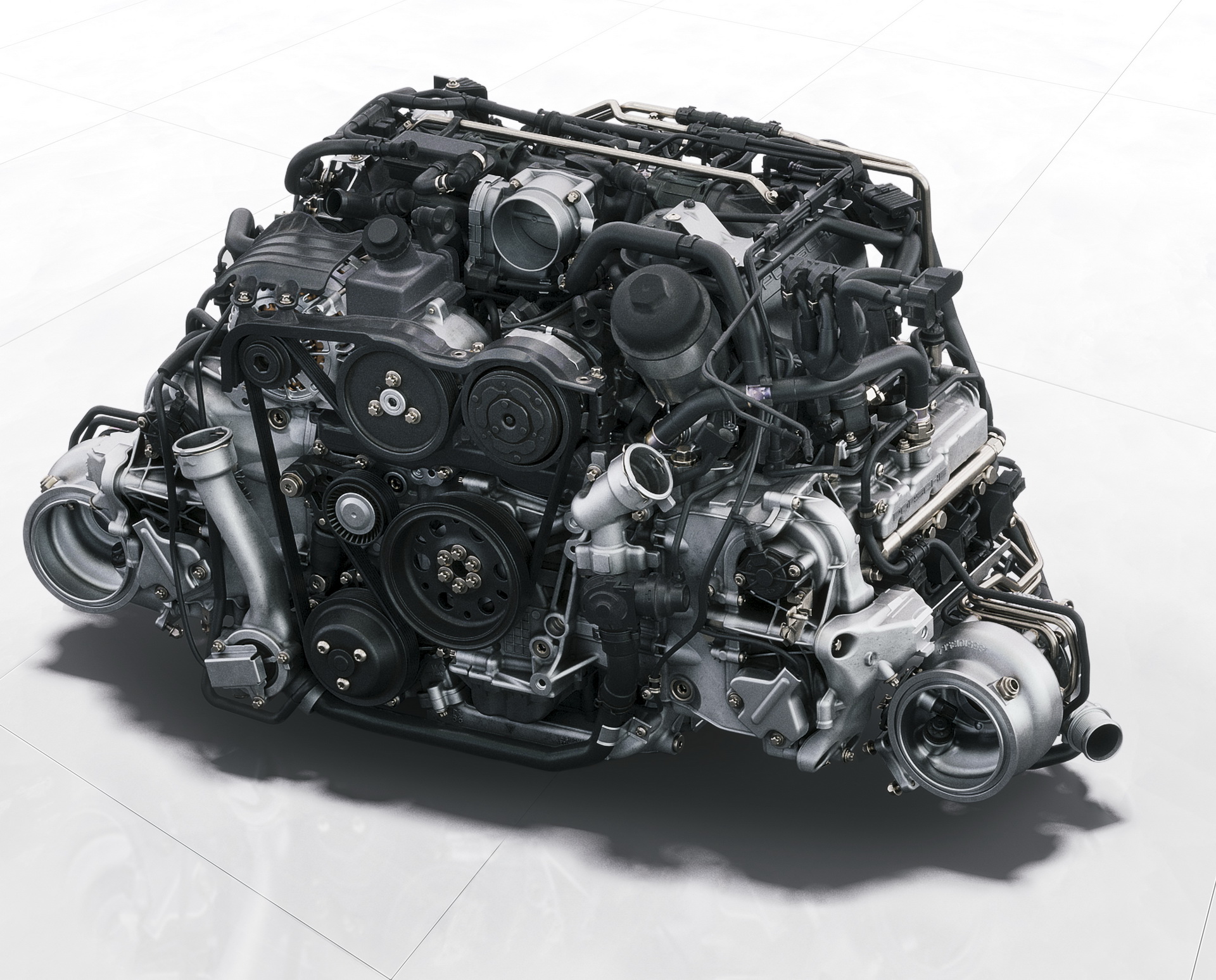It looks as though the Porsche 911 will eventually get a larger displacement engine in order to comply with Euro 7 emissions regulations set to come into force in 2026.
While car manufacturers have been downsizing their engines over the past decade to meet regulations, drastic changes coming as part of EU7 will see the downsizing trend grind to a halt. Why? As Porsche’s head of sports cars, Frank-Steffen Walliser, recently revealed, the new regulations will put a limit on relative power per liter of displacement.
Read Also: That Sucks – Porsche 911 Carrera Will Not Go Back To N/A Engines, Ever
“In 2026, the next wave of regulations will come with EU7. This will be the worldwide toughest regulations considering emissions, especially in the spread between real driving emissions and what we see on the test benches,” Walliser told Wheels. “We will see a big change because it means for everybody, new engines and we will see bigger displacements coming back again.”
“I expect 20 percent more displacement on average for these EU7 capable engines. A lot of manufacturers will jump from four to six, from six to eight [cylinders]. The regulations are completely counterproductive to CO2 regulations, so this will go up,” he added.
Car manufacturers will be left with two options, Autoblog notes. The first will be to compromise on power while the second will be to increase engine displacement. Porsche will take the second route but as bigger engines will burn more fuel and emit more CO2, Walliser says it will need to fit catalytic converters three to four times larger than those currently used, meaning there will essentially “be a small chemical industrial factory in the car.”
“You cannot fulfil all the standards without spending fuel. It sounds crazy but it’s a technical fact at the moment,” he said.
Walliser adds that Porsche is determined to keep selling the 911 with six-cylinder engines but admitted EU7 regulators will mean it will have to design and produce an all-new engine.
When asked if this will mean the end of naturally aspirated engines, Walliser said that’s likely, though it might depend on the market.
“At the moment, we only see a turbo solution. Naturally aspirated, not really,” he said. “Now maybe you are in the right part of the world, in Australia. This is a European solution. It [naturally aspiration] could work in other parts of the world, as Australia is close to the US regulations that could work in the future.”
That means we could still have naturally aspirated engines, as Dr. Frank-Steffen Walliser, the man responsible for the 911 and 718 model series, commented the other day, stating that these units will be exclusive to the GT3 and GT3 RS.
But it won’t last forever. “There will come a day, within the next 10 years, when we have to say ‘Now this is the last of its kind [naturally aspirated engines]” said Walliser.





